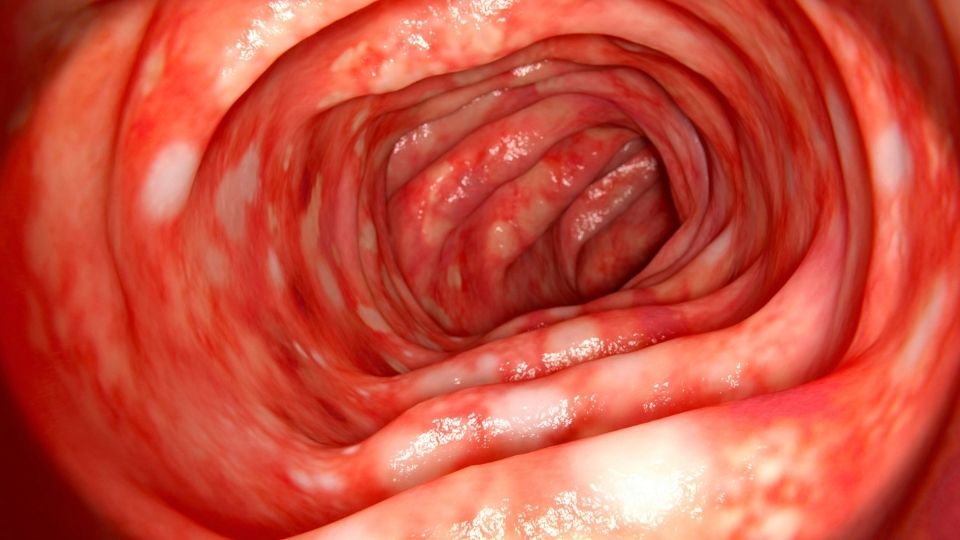Pediatric gastroenterology is a medical specialty that deals with the diagnosis, treatment and management of digestive diseases in children. Pediatric gastroenterologists try to protect and improve the digestive health of children by examining diseases of the digestive system organs such as the stomach, intestines, liver, gallbladder and pancreas.
Importance and Scope of Pediatric Gastroenterology
Pediatric gastroenterology addresses a range of digestive diseases. These diseases include reflux, gastritis, stomach ulcers, irritable bowel syndrome, lactose intolerance, gluten intolerance (celiac disease), Crohn's disease, ulcerative colitis, gallbladder diseases and liver diseases. Diagnosis and treatment of these diseases are usually performed by pediatric gastroenterologists using diagnostic tools such as endoscopic methods, imaging studies, blood tests, and stool tests.
Symptoms and Treatment of Pediatric Gastroenterology
Symptoms of pediatric gastroenterology diseases vary depending on the type and severity of the disease. For example, reflux disease can cause symptoms such as heartburn, vomiting, and pain, while celiac disease can cause symptoms such as diarrhea, abdominal pain, and weight loss. Treatment options vary depending on the type and severity of the disease. In some cases, lifestyle changes, dietary modifications, and medications may be sufficient, while in other cases, surgery or other invasive treatments may be required.
Family Support and Psychosocial Care
Pediatric gastroenterology diseases can have a significant impact on both children and their families. Therefore, the pediatric gastroenterology team provides emotional support, education, and guidance to families. Psychosocial support and counseling help families cope with the disease and make the treatment process more manageable.
Future and Advances
Advances are constantly being made in the field of pediatric gastroenterology. New diagnostic tools, treatment options, and surgical techniques are being used to improve children's digestive health and improve their quality of life. Additionally, pediatric gastroenterology research helps us better understand the causes, mechanisms, and treatment options of diseases.




